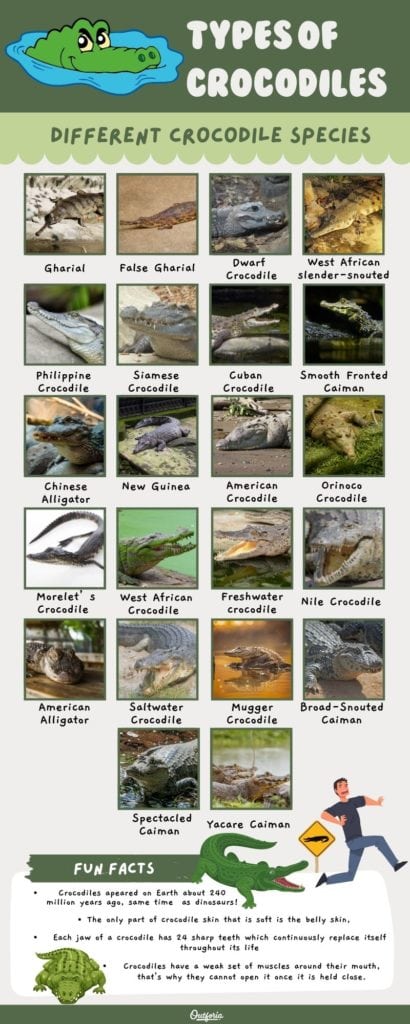Lithium Discovery in Ghana
Introduction
Lithium is a valuable mineral that is used for making batteries, especially for electric vehicles. Ghana has recently discovered lithium deposits in the Central, Volta, and Western regions, which could generate billions of dollars in revenue for the country. However, there are also some challenges and risks involved in lithium mining, such as environmental impact, social responsibility, and foreign exploitation. In this article, I will provide an overview of the lithium discovery in Ghana, its potential benefits and drawbacks, and some recommendations for the government and the public.
Lithium discovery in Ghana
Lithium deposits in Ghana have been discovered in the Central, Volta, and Western regions, especially at Ewoyaa, near Cape Coast. The deposits are mainly spodumene, a greyish-white substance. Atlantic Lithium Limited is the company exploring and developing the Ewoyaa lithium project, which is expected to be the first lithium producing mine in Ghana and West Africa by the third quarter of 2024. Ghana has no carry interest or ownership in the project, besides a 5% royalty and a joint venture partner.
According to Atlantic Lithium’s latest mineral resource estimate for the project, the lithium deposit in the area is up to 30.1 million tons grading at .26% lithium oxide. Two million tons are expected to be mined annually, which means the lithium deposit should be completely mined after eleven and a half years. It is estimated that Ghana will generate $4.8 billion within this period.
Lithium is one of the top 10 most expensive minerals in the world. It can be used for the manufacture of batteries, heat-resistant glass, ceramics, among other things. However, its main use is for making batteries for electric vehicles (EVs), which are becoming more popular and environmentally friendly. The demand for lithium has gone from 263,000 metric tons in 2019 to 559,000 metric tons in 2022 because it is one of the crucial minerals required for producing EV batteries. The demand for lithium is expected to rise to over million metric tons by 2025.
Potential benefits and drawbacks of lithium mining
Lithium mining could bring many benefits to Ghana, such as:
- Generating revenue for the government and creating jobs for the local people.
- Enhancing Ghana’s position as a leading mineral producer and exporter in Africa and the world.
- Diversifying Ghana’s economy and reducing its dependence on gold and cocoa.
- Supporting Ghana’s transition to renewable energy and green development.
However, lithium mining also poses some challenges and risks, such as:
- Causing environmental damage and pollution due to land clearing, water consumption, waste disposal, and chemical use.
- Affecting the livelihoods and rights of the communities living near the mining sites.
- Facing competition and pressure from other lithium-producing countries, especially China and Australia.
- Losing control and ownership of the lithium resource to foreign companies and investors.
Recommendations for the government and the public
To ensure that lithium mining is done responsibly and sustainably in Ghana, I suggest the following recommendations for the government and the public:
- The government should conduct further exploration and feasibility studies to determine the exact quantity and quality of the lithium deposits in Ghana.
- The government should establish clear and transparent policies and regulations for lithium mining, such as environmental standards, social impact assessment, taxation, royalties, licensing, etc.
- The government should negotiate fair and beneficial agreements with Atlantic Lithium Limited and other potential partners, ensuring that Ghana has a stake and a say in the project.
- The government should invest in developing local capacity and infrastructure for lithium processing and value addition, rather than exporting raw materials.
- The government should monitor and enforce compliance with the laws and contracts by Atlantic Lithium Limited and other stakeholders.
- The public should be informed and educated about the opportunities and challenges of lithium mining in Ghana.
- The public should participate in decision-making and oversight processes regarding lithium mining in Ghana.
- The public should hold the government and Atlantic Lithium Limited accountable for their actions and impacts on lithium mining in Ghana.
Conclusion
Lithium discovery in Ghana is a significant development that could have positive or negative consequences depending on how it is managed. Lithium mining could boost Ghana’s economy and support its green transition. However, it could also harm Ghana’s environment and society if not done properly. Therefore, it is important that the government and the public work together to ensure that lithium mining is done responsibly and sustainably in Ghana.
References
https://www.ghanaweb.com/GhanaHomePage/features/Should-we-not-plan-to-process-our-lithium-and-rare-earth-minerals-1463500
https://www.ghanaweb.com/GhanaHomePage/features/Who-owns-Ghana-s-Lithium-deposits-1549805
https://techpoint.africa/2022/09/29/ghana-lithium-mining/
https://www.ghanaweb.com/GhanaHomePage/business/Exploitation-of-Ghana-s-lithium-resource-should-be-transparent-Prof-Aryeetey-1805240
https://www.gbcghanaonline.com/general/lithium-discovered-in-ghana-quantum-yet-to-be-determined-minerals-commission/2021/


.jpeg)







No comments:
Post a Comment